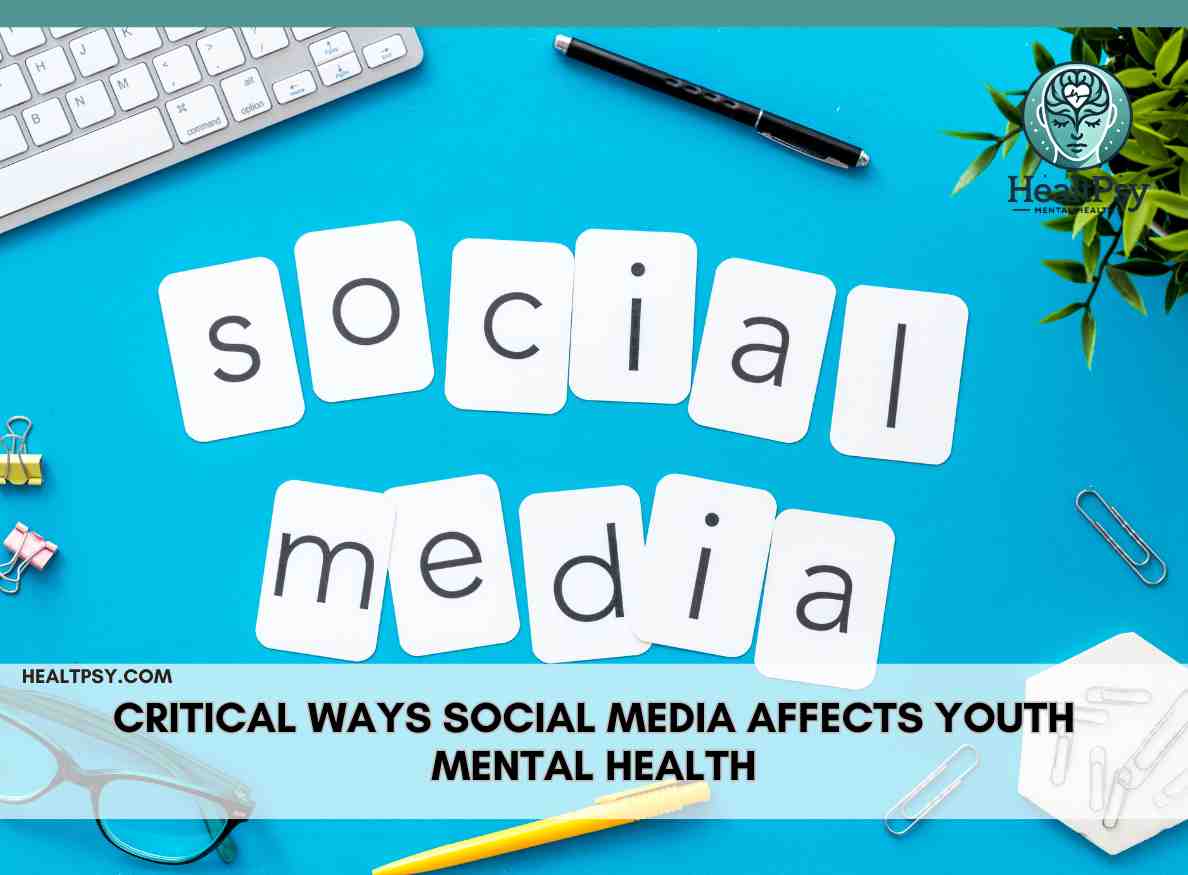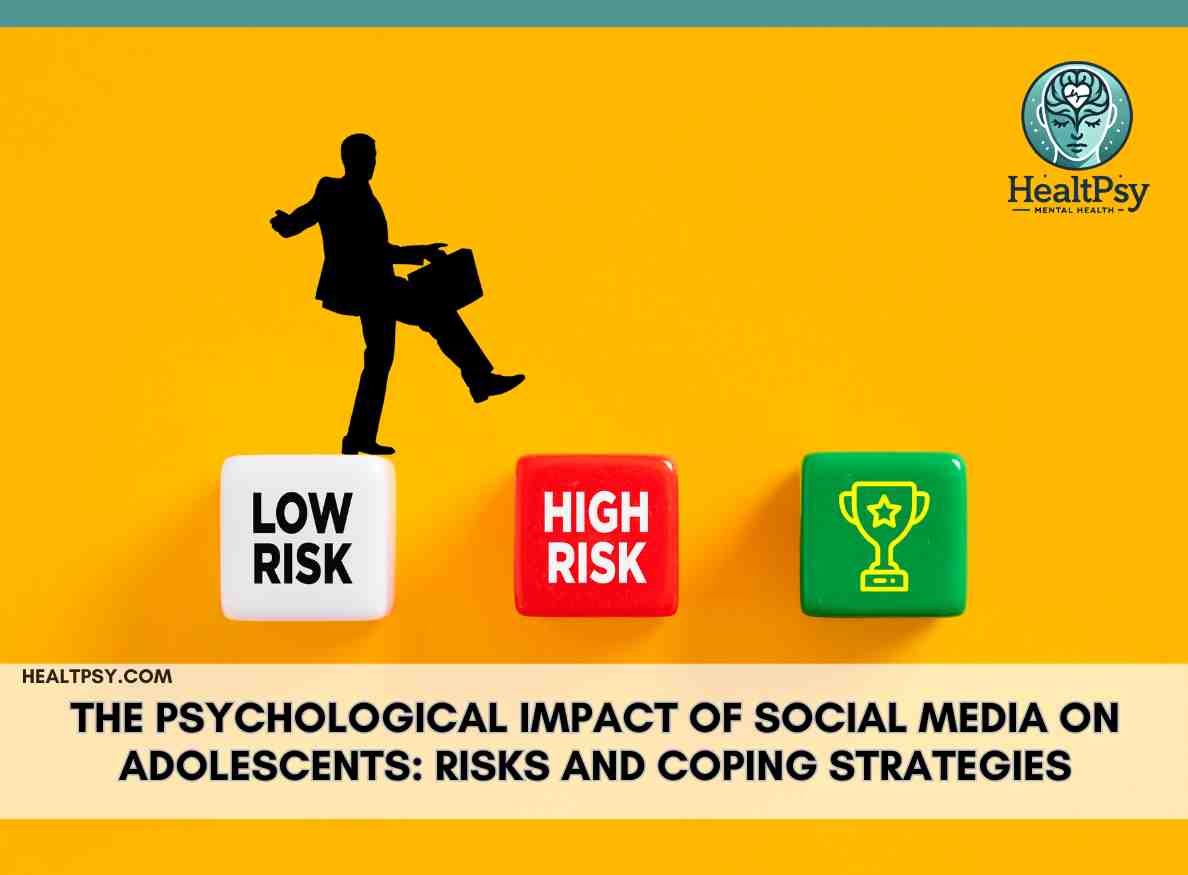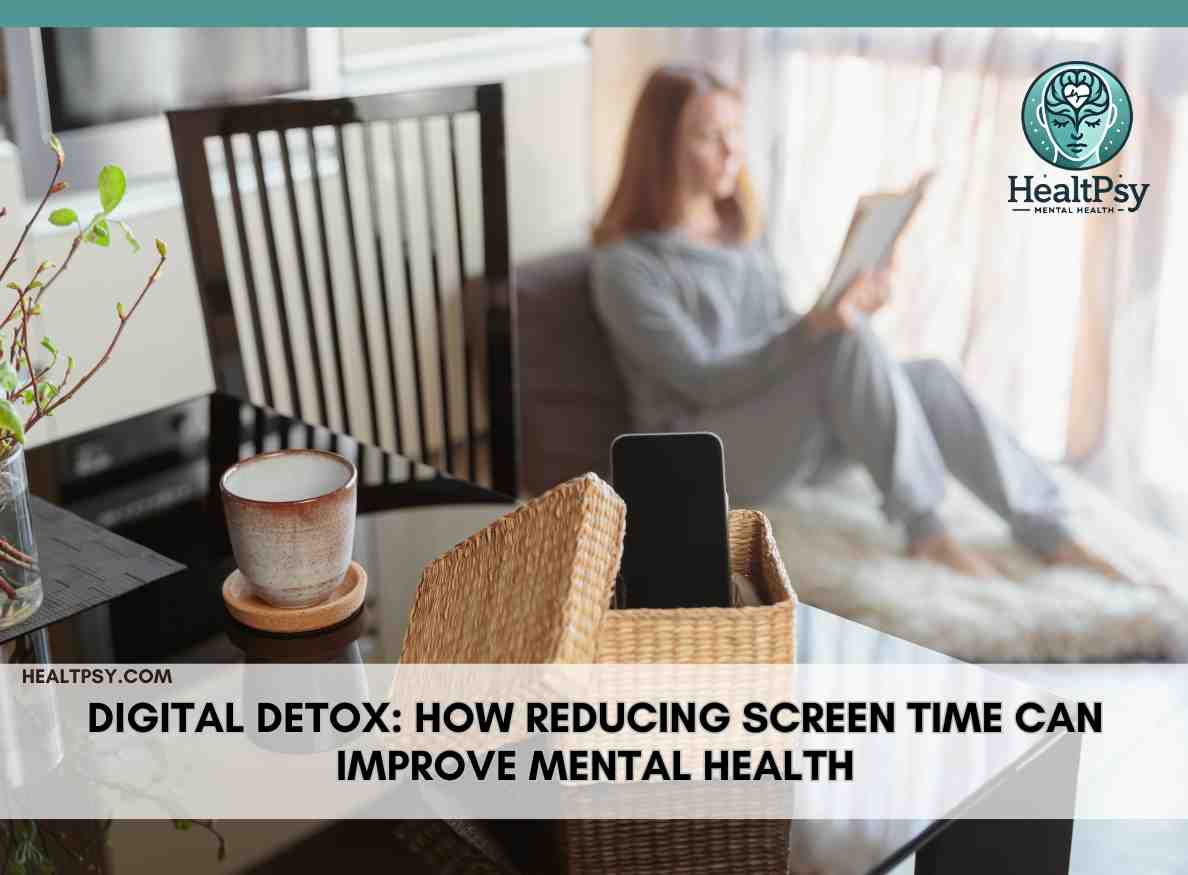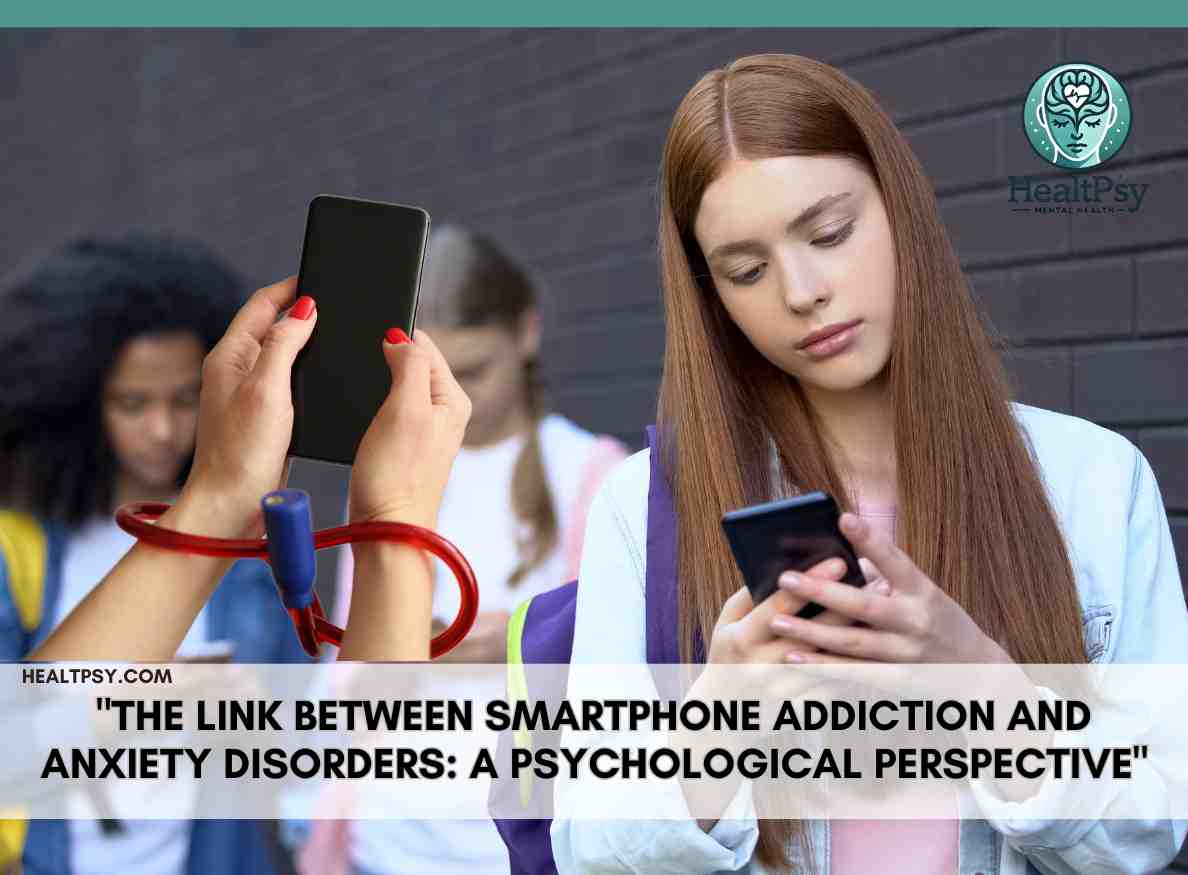10 Devastating Mental Health Effects of Social Media in Teenagers
Introduction
The mental health effects of social media on teenagers are growing at an alarming rate. In today’s hyper-connected digital world, social media has become an integral part of teenage life in the U.S. and Canada. From Snapchat to TikTok and Instagram, teens are spending hours every day scrolling, posting, and comparing. While social media offers opportunities for connection and creativity, it also poses serious risks to adolescent mental health.
Multiple studies have shown that excessive social media use can contribute to anxiety, depression, low self-esteem, and more. In this article, we explore the 10 most devastating mental health effects of social media in teenagers, backed by scientific research and real-world observations.
According to Pew Research, 95% of U.S. teens use a smartphone, and nearly half report being online “almost constantly.”
Related: 7 Major Psychological Effects of Social Media on Adolescents
1. Increased Anxiety and Social Pressure
Teens often feel the need to constantly present a perfect version of themselves online. The pressure to get likes, comments, and shares can lead to chronic anxiety and fear of missing out (FOMO).
Real-Life Impact:
A teen who doesn’t get enough likes on a post may delete it or feel inadequate, tying their self-worth to online validation.
Related: How to Handle Periods of Failure in Personal Growth
2. Cyberbullying and Online Harassment
One of the darkest sides of social media is cyberbullying. Negative comments, public shaming, and harassment can cause deep emotional scars.
A study from the Cyberbullying Research Center shows that 37% of teens in the U.S. have experienced cyberbullying.
Mental Health Effects:
- Depression
- Loneliness
- Social withdrawal
Related: 7 Devastating Effects of Cyberbullying on Mental Health
3. Sleep Disruption
Late-night scrolling is common among teens. Notifications, blue light exposure, and addictive content can disrupt healthy sleep patterns, which are vital for mental health and cognitive development.
Consequences:
- Insomnia
- Fatigue
- Decreased academic performance
Related: Sleep and Diet for Stress Relief: 4 Effective Strategies
4. Body Image Issues and Eating Disorders
Platforms like Instagram promote unrealistic beauty standards. Teens are constantly exposed to edited and filtered images that distort their perception of reality.
Mental Health Outcomes:
- Body dysmorphia
- Disordered eating
- Low self-esteem
5. Fear of Missing Out (FOMO)
Seeing peers constantly engaged in exciting activities can make teens feel left out or inferior.
Signs of FOMO:
- Constant checking of social media
- Anxiety when offline
- Decreased satisfaction with personal life
6. Addictive Behavior and Dopamine Dependency
Social media platforms are designed to be addictive. Each like or notification triggers dopamine release, reinforcing compulsive use.
According to a 2022 study in JAMA Pediatrics, excessive screen time alters brain reward systems in adolescents.
Result:
- Increased impulsivity
- Reduced attention span
- Emotional dysregulation
Related: 7 Proven Strategies for Managing Teen Technology Addiction
7. Reduced Real-Life Social Skills
Spending too much time interacting through screens can impair a teen’s ability to communicate effectively in real life.
Outcomes:
- Difficulty making eye contact
- Social awkwardness
- Preference for online over offline interaction
Related: The Importance of Lifelong Learning for Mental Health
8. Depression and Suicidal Thoughts
There is a growing link between high social media usage and teenage depression. Constant comparison and isolation can contribute to dark thoughts.
A 2019 study by the CDC found that teens who spent more than three hours per day on social media were at higher risk of suicide-related behaviors.
9. Loss of Identity and Authenticity
Teens may shape their online persona to fit in or gain popularity, often at the expense of their true self. This can lead to confusion about identity and purpose.
Mental Health Consequences:
- Low self-confidence
- Imposter syndrome
- Identity crises
10. Chronic Stress and Burnout
Managing multiple platforms, maintaining an image, and responding to peers can be overwhelming. This digital overload can lead to mental exhaustion.
Symptoms:
- Headaches
- Mood swings
- Lack of motivation
How Parents and Educators Can Help
- Open Communication: Talk regularly about online experiences.
- Set Boundaries: Encourage device-free time and healthy routines.
- Promote Offline Activities: Sports, reading, volunteering.
- Model Healthy Behavior: Show balance in your own social media use.
Useful Resources
- Center for Humane Technology
- Common Sense Media – Social Media and Teens
- Canadian Centre for Child Protection
Related Articles on Healtpsy
- 7 Major Psychological Effects of Social Media on Adolescents
- 7 Proven Strategies for Managing Teen Technology Addiction
- 7 Devastating Effects of Cyberbullying on Mental Health
Conclusion
The mental health effects of social media on teenagers can be devastating — but they are also preventable. Awareness, education, and active involvement from parents, schools, and communities are key to reversing these harmful trends.
Social media is not inherently bad, but like any powerful tool, it must be used mindfully. Helping teens develop a balanced relationship with technology is one of the greatest investments we can make in their future.
Mental Health Effects of Social Media, Mental Health Effects of Social Media, Mental Health Effects of Social Media, Mental Health Effects of Social Media, Mental Health Effects of Social Media, Mental Health Effects of Social Media,
you might also like





